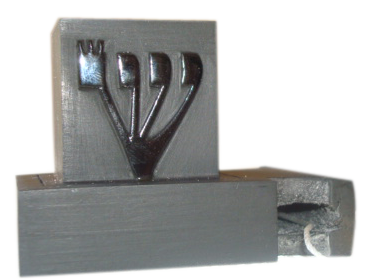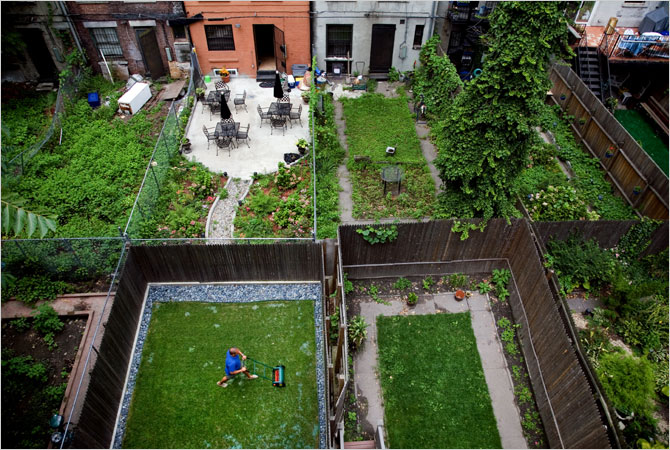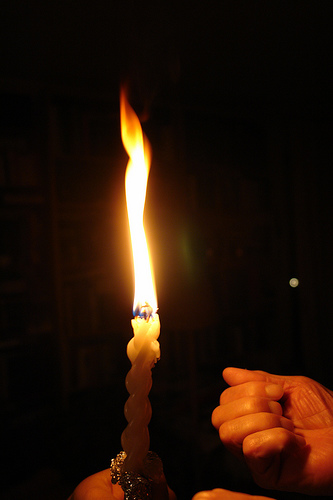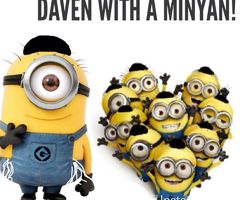
Vayishlach: Tearing the Hair in Mourning
“You are the children of HaShem your God; don’t cut yourselves, nor make baldness between your eyes for the dead” (Devarim 14:1). The second half of the verse forbids a pagan...
Nov 17, 2010
By Asher Meir

Vayeitzei: Placement of the Head Tefilin
The Torah says that the head tefillin should be “frontlets between your eyes” (Devarim 11:18). However, this expression does not mean actually between the eyes, for example the bridge of the...
Nov 10, 2010
By Asher Meir

Toldot: “Urging Vows”
A vow (neder) is a kind of oath that works by imposing a prohibition on a particular object by likening it to a sanctified item. For instance, instead of swearing that...
Nov 4, 2010
By Asher Meir

Chayei Sarah: Burial Shrouds
The burial of Sarah discussed in our portion provides an opportunity to discuss the important and ancient custom of the shrouds or burial garment. Jewish burial is always in a simple...
Oct 27, 2010
By Asher Meir

Vayeira: Carrying between Two Private Domains
Last week (read that as “Two weeks ago”) we gave Rav Natan of Breslav’s explanation of the Torah prohibition to move objects from public to private domain or the opposite. The...
Oct 20, 2010
By Asher Meir

Parshat Lech Lecha: Blessing on Additional Courses
A blessing includes whatever foods the person making the blessing intended to include. If a person decides conclusively that he has finished eating, then he has to make a new blessing...
Oct 13, 2010
By Asher Meir

Parshat Noach: Spaying animals
The spaying of animals, in order to prevent undesired reproduction or in order to make them more docile, is an ancient custom of animal husbandry, but it is one which is...
Oct 6, 2010
By Asher Meir

Yom Kippur: Melave Malka
One way we honor and indulge the Shabbat is by eating three meals on Shabbat itself. But we also honor the Sabbath by accompanying it as it departs with an additional...
Sep 14, 2010
By Asher Meir

Nitzavim-Vayelech: Praying in a Minyan
The mishna at the very end of Rosh HaShana records a dispute between Rabban Gamliel and the Sages. The Sages state that the prayer leader (shaliach tzibur) can fulfill the prayer...
Sep 2, 2010
By Asher Meir

Ki Tavo: Aninut
(preoccupation with burial) Part of the special recitation made on disposing of all tithes is “I did not eat any in my aninut” (Devarim 26:14). This verse is one...
Aug 26, 2010
By Asher Meir
Discover More
- Anti-Semitism
- Around the OU
- Arts & Media
- Aseret Yemei Teshuvah
- Chanukah
- Community
- Convention
- Cooking
- Dating
- Divorce
- Education
- Fast of Asarah B'Tevet
- Fast of Esther
- Fast of Gedaliah
- Fast of Shiva Assar B'Taamuz
- Fast of Tisha B'Av
- Food
- Giveaways
- Growth
- Health
- History
- Holidays
- Holocaust
- Inspiration
- Israel
- Kosher
- Lag BaOmer
- Marriage
- Meet the OU
- Mental Health
- Money
- News
- News & Op-Ed
- Obituary
- Other
- Parenting
- Pesach
- Physical Health
- Pregnancy
- Purim & 4 Parshiyot
- Recipes
- Relationships
- Rosh Chodesh
- Rosh Hashanah
- Sefirat HaOmer
- Shavuot
- Shemini Atzeret/Simchat Torah
- Sukkot
- Technology
- thank you pages
- The 3 Weeks
- Torah
- Travel
- Tribute
- Tu B'Av
- Tu B'Shevat
- Yamim Noraim
- Yom Ha'atzmaut
- Yom HaShoah
- Yom HaZikaron
- Yom Kippur
- Yom Yerushalayim
Subscribe To The OU’s Shabbat Shalom Weekly Newsletter
Weekly email newsletter filled with articles, Divrei Torah, upcoming events and more! Sign up today.